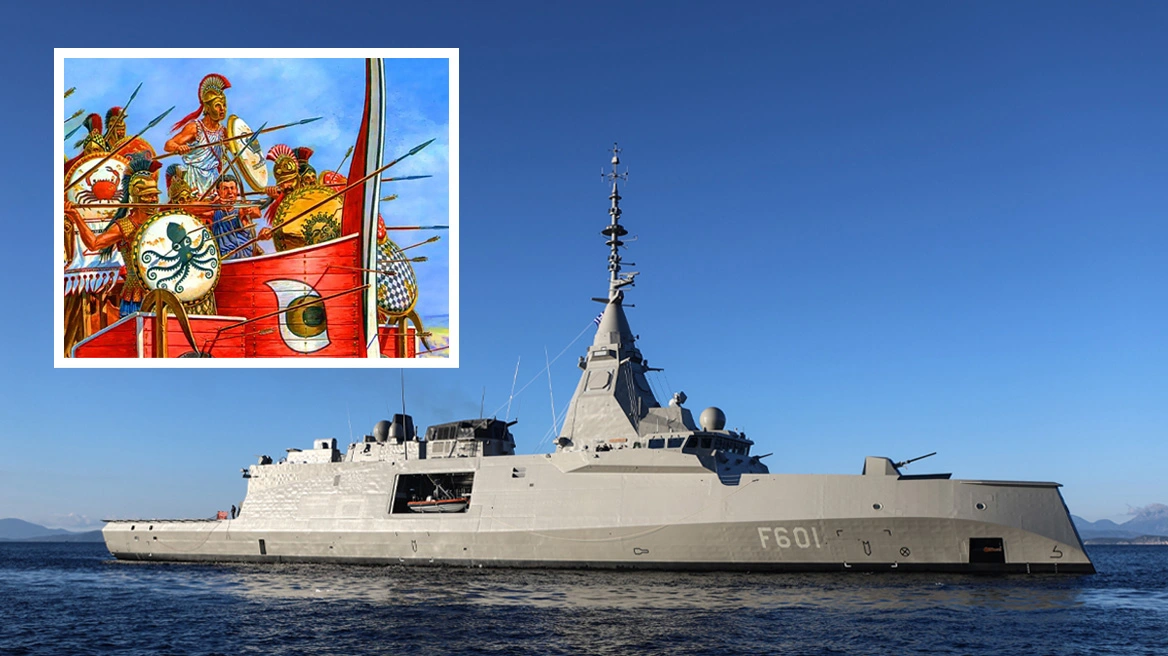EU-backed weapons inspectors have discovered that arms from Central and Eastern Europe make up a third of ISIS’s arsenal, says a new report released on Thursday.
The report by the British-based Conflict Armament Research, which has a mandate from the EU to trace weapons in conflict zones, confirmed the findings of Balkan Investigative Reporting Network’s series of investigations into weapons transfers to Syria.
BIRN earlier revealed how two major supply-lines, one funded by United States and the other by Saudi Arabia, have been moving large quantities of Soviet-style weapons from the Balkans to Syrian rebels in breach of international legal agreements on the arms trade.
The three-year study, ‘Weapons of the Islamic State’, found that leaks in these pipelines had “significantly augmented the quantity and quality of weapons available to IS forces”, posing a continued threat to regional and global security.
Conflict Armament Research discovered that more than half of ISIS’s new weapons in Syria came from Bulgaria.
The report also highlighted equipment from Romania and Serbia which had ended up in the hands of the Islamist militant group.
Damien Spleeters, Conflict Armament Research’s head of operations for Iraq and Syria, explained that these weapons had been bought by the US and Saudi Arabia, often on the basis of a legally binding end-user certificate, which guarantees that the equipment will not be diverted to another country.
“As far as our evidence shows, the diverters [Saudi and the US] knew what was going on in terms of the risk of supplying weapons to groups in the region,” Spleeters explained.
In its report, CAR insists that “battlefield capture” alone cannot explain the quantity and speed with which Islamic State got it hands on some of these weapons.
The report documents an anti-tank weapon produced in Bulgaria and exported to the United States on December 12, 2015, and found in the hands of ISIS only 59 days later – on February 9, 2016.
“An EUC [end-user certificate] is there for a reason: it’s there to put some kind of trust between parties in export and import of weapons,” said Spleeters.
“Now if you have a party that’s a big importer of weapons like USA or Saudi Arabia that are systematically breaching EUC you’re right to ask a question whether they are the good partner in terms making an arms deal with them,” he added.
He said that exporting countries such as Serbia, Romania and Bulgaria insisted they were unaware of the diversions to Syria, but he argued that more questions now need to be asked about exports heading to the US and Saudi Arabia.
“It’s been taken for granted that when US or Saudi Arabia are buying weapons it’s no questions asked to what’s going to happen with them. And what we have shown with evidence from the field is that the questions should be asked,” Spleeters said.
“I do hope [the exporting countries] will review all evidence and make the right decision,” he added.
Source: balkaninsight.com
Ask me anything
Explore related questions





